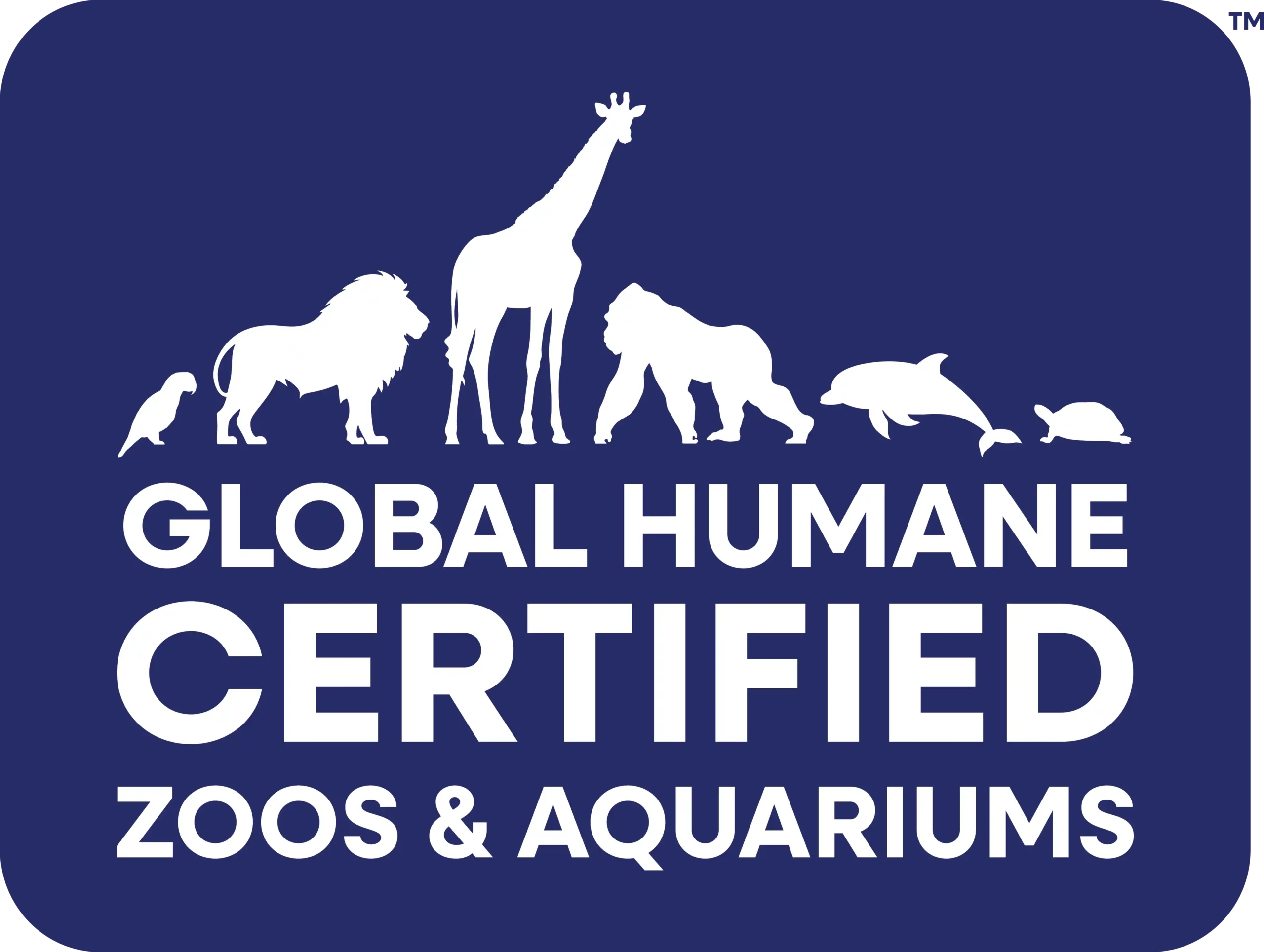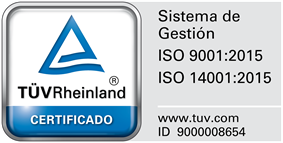The Spanish Scientific Authority has failed to respond to repeated requests for information about an alleged report opposing the transfer of two orcas to Loro Parque at the request of the French Government.
Two independent reports by the Canary Islands Government support Loro Parque’s track record in animal welfare, compliance with European and national regulations, and its proven ability to keep orcas
Loro Parque Group has filed an administrative lawsuit against the Scientific Authority (CITES) and a formal request with the Council for Transparency and Good Governance. The aim is to disclose the scientific-technical report which, according to the Spanish CITES Authority, operating under the National Museum of Natural Sciences, supports the recommendation to deny authorisation for the transfer of two orcas from Marineland in Antibes (France) to Loro Parque zoo in Tenerife.
On 12 June 2025, Loro Parque formally requested the report from the Director of the National Museum of Natural Sciences. To date, no response has been received, despite the fact that this document directly affects the organisation, as it evaluates its facilities. The request is based on the right of access to environmental information, public participation and access to justice in environmental matters, as set out in Law 27/2006 of 18 July.
The law stipulates a maximum response time of one month, a deadline which the Spanish CITES Authority has failed to meet, thereby breaching the principle of legal certainty.
Consequently, Loro Parque has demanded full disclosure of the report in question — including all correspondence with the French Government as well as any communications sent to the Government of the Canary Islands, which is the competent authority for animal welfare and zoo inspections.
Given that the report concerns protected species such as the orca (Orcinus orca) and the bottlenose dolphin (Tursiops truncatus), both listed in Spain’s Red Book of Vertebrates and in Royal Decree 139/2011, its content constitutes environmental information that must, by law, be publicly accessible.
In contrast to the lack of transparency shown by the Spanish CITES Authority, the Government of the Canary Islands has issued two technical reports, signed by the Directorate-General for Livestock and the Directorate-General for Natural Spaces and Biodiversity. These confirm Loro Parque’s competence in the field of animal welfare, its compliance with European and national legal standards, and its proven ability to house orcas. Furthermore, the reports conclude that, in view of euthanasia being considered in France, transferring the animals to Loro Parque represents the best option to ensure their survival and welfare.
“Our park has received numerous international accolades for excellence in animal welfare and has successfully passed all international audits and certifications. It is difficult to believe that our work is being called into question based on a report that does not appear to exist, and that we are being denied access to the scientific basis for such a recommendation,” said Wolfgang Kiessling, President of Loro Parque Group.
He added: ’Loro Parque has always been and will always be willing to provide a home for animals in need. If the French Government requests our assistance, we will gladly receive these orcas, just as we once collaborated with the Dutch Government to give Morgan, the orca who is still alive today thanks to that decision, a future.”
Following the permanent closure of Marineland Antibes on the French Riviera, the two remaining orcas are now in a state of profound uncertainty. The aquarium has ceased operations, and there are serious concerns regarding the structural integrity of the pool housing the animals, which has long exceeded its expected service life and is at risk of collapse.
The French Government has yet to establish a stable and long-term solution for these animals, with euthanasia still being considered, a tragic and wholly unacceptable outcome.
In this context, Loro Parque stands as the only viable option in Europe, with internationally accredited facilities, highly qualified staff and an impeccable track record in orca care, offering the best guarantee for the survival and well-being of these two animals.











